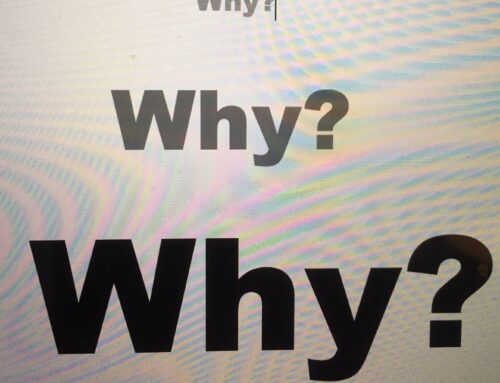It is often said that the father of all sins is pride. If that is the case, then their mother is surely covetousness, the strong desire or wish for what someone else has. Covetousness has its own Commandment: “Thou shalt not covet . . . ,” and it is the only Commandment, in fact, that specifies the sin’s various forms.
The sin of coveting leads to violating other Commandments. The most obvious ones are the two that forbid taking what does not belong to us—adultery and stealing. But the jealousy that is central to coveting can lead to violations of two other commandments as well: bearing false witness and murder.
What is most interesting about this sin is many people have little or no awareness they are committing it. That no doubt explains why St. Francis Xavier once remarked, “I have heard thousands of confessions, but never one of covetousness.”
What is it about this sin that makes it so difficult to recognize? The fact that it has no exterior dimension but only an internal one. Coveting does not involve action, and in some cases may not even involve thought. It is essentially a sin of feeling and attitude, both of which can be powerful without being manifest to us.
Satan was appealing to covetousness when he tempted Adam and Eve. “For God knows,” he said, “that when you eat from [the tree] your eyes will be opened, and you will be like God, knowing good and evil.” He was encouraging nothing less that covetousness of God. And he succeeded in that appeal. Scripture then reveals that when “the woman saw that the fruit of the tree was good for food and pleasing to the eye, and also desirable for gaining wisdom, she took some and ate it. She also gave some to her husband, who was with her, and he ate it.”
All coveting rests on two grand but unwarranted assumptions. One is that what we covet will be good for us and make us happier and more fulfilled than we are at the moment. The other, even more fundamental assumption is that those who have what we covet are happier and more fulfilled than we are.
I say the assumptions are “unwarranted” because we have no possible way of knowing whether either is true. In fact, events sometimes prove them utterly false. In 1897 American author Edwin Arlington Robinson wrote a short poem that demonstrated dramatically just how mistaken such assumptions can be. Here is that poem:
RICHARD CORY
Whenever Richard Cory went down town,
We people on the pavement looked at him:
He was a gentleman from sole to crown,
Clean favored, and imperially slim.
And he was always quietly arrayed,
And he was always human when he talked;
But still he fluttered pulses when he said,
‘Good-morning,’ and he glittered when he walked.
And he was rich – yes, richer than a king –
And admirably schooled in every grace:
In fine, we thought that he was everything
To make us wish that we were in his place.
So on we worked, and waited for the light,
And went without the meat, and cursed the bread;
And Richard Cory, one calm summer night,
Went home and put a bullet through his head.
The shock of that final line makes us realize that the people who wished to be like Richard Cory—that is, those who coveted his status and possessions—were terribly wrong about him, and every moment they had spent wishing was a foolish waste of time.
The moral of the poem is clear. Covetousness and its companions jealousy and envy are forbidden for good reason, so whenever we are tempted by them we should turn our minds to a more spiritually rewarding emotion—gratitude for the blessings we have received.
Copyright © 2020 by Vincent Ryan Ruggiero. All rights reserved




